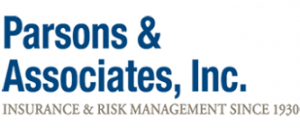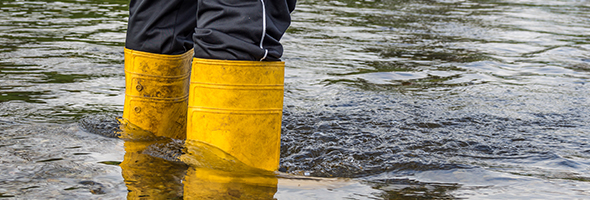What is the most common natural disaster in the United States?
Pop quiz: What is the most common natural disaster in the United States?
The answer is flooding.
If your home sustained damage due to a flood, would you have coverage? You might be thinking—of course I would have coverage. I have a homeowners policy. You aren’t alone in thinking that, but you would be wrong. A common misconception is that a standard homeowners policy will cover damage caused by a flood.
Generally, a homeowners policy will provide coverage only for water damage that is sudden, like when a pipe bursts. Usually, there is coverage for water damage from wind-driven rain (e.g., if strong winds cause damage to your roof and allow water to seep in).
What a homeowners policy will not cover is water damage caused by water that originates outside, nor will it cover damage caused by water or water-borne material that backs up through sewers or drains, or that overflows or is discharged from a sump pump or related equipment. Damage from water or water-borne material below the surface of the ground is excluded, including water that seeps or leaks through a building or foundation.
If you don’t have coverage under a homeowners policy, you can find coverage under a flood insurance policy.
A flood insurance policy specifically provides coverage for the peril of flood. It will provide coverage for coastal flooding, river flooding, flash flooding or groundwater flooding. Additionally, damage caused by a sewer back-up or seepage will be covered by a flood insurance policy, as long as the back-up or seepage is directly related to a flood.
Don’t mistake your homeowners policy for coverage from flooding. Contact our office today to learn more about the difference between homeowners and flood insurance.








Leave a Reply
Want to join the discussion?Feel free to contribute!